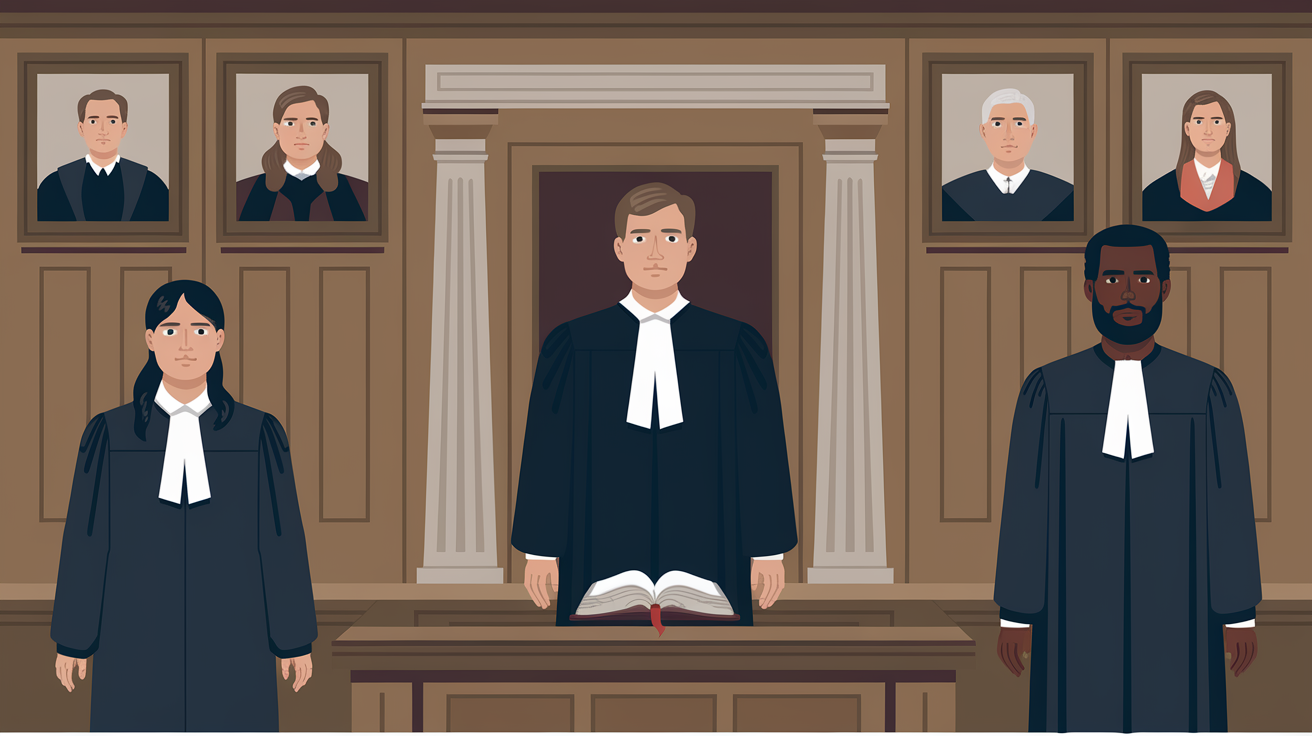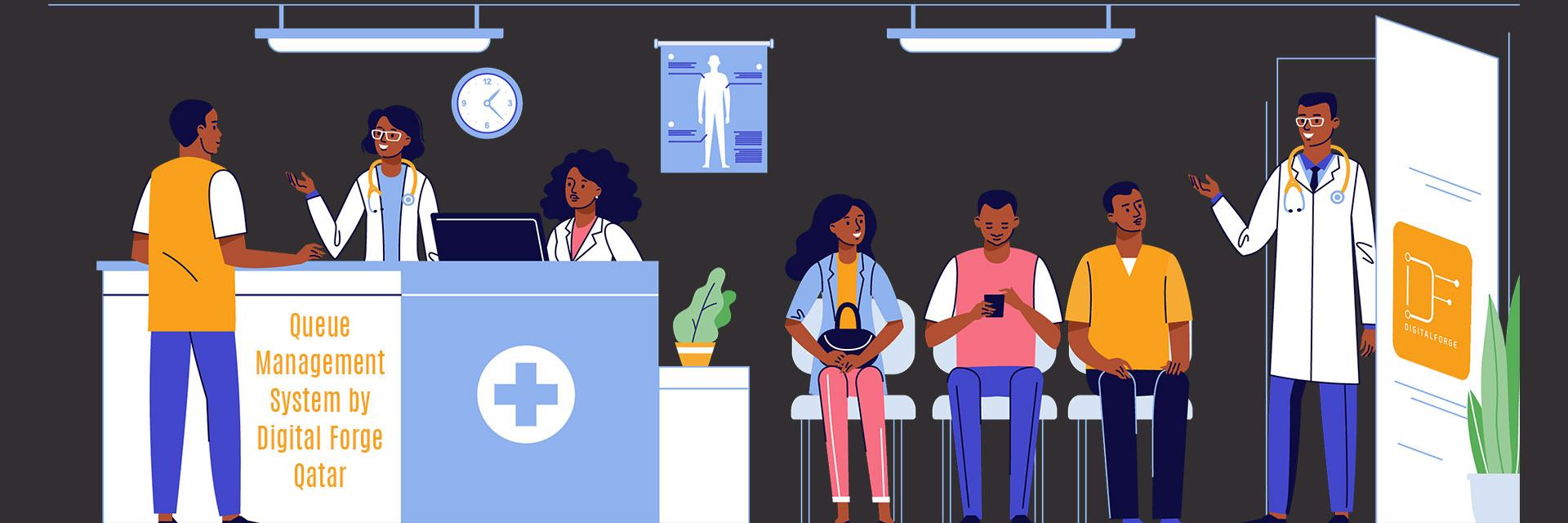Why Criminal Law Matters: Understanding Its Crucial Role in Justice, Public Safety, and Social Order

Criminal law is the backbone of any civilised society. It forms the framework that separates lawful from unlawful conduct and ensures order, justice, and public safety. Without it, society would descend into chaos, with no defined consequences for harmful actions. But criminal law is more than just rules and punishments; its a dynamic system that balances the rights of individuals with the interests of the wider community.
Understanding the importance of criminal law is essential not only for legal professionals but for anyone living under its protection. From ensuring fair trials to deterring criminal behaviour, the role it plays is both fundamental and far-reaching.
The Foundation of Social Order
At its core, criminal law maintains the moral and ethical boundaries of society. It defines which behaviours are unacceptable and outlines the consequences of violating those boundaries. These laws arent arbitrarythey reflect the collective values of the community and are shaped by cultural, historical, and social contexts.
Criminal law also creates a sense of predictability. When people know what the rules are and that there are consequences for breaking them, theyre more likely to follow those rules. This predictability fosters a safer and more stable environment for everyone.
Criminal Law and Public Protection
One of the main reasons criminal law exists is to protect the public. By penalising harmful conductsuch as violence, theft, fraud, or abusecriminal law removes dangerous individuals from society or deters others from similar behaviour. This is how it works as a shield for the community.
Key protective roles of criminal law include:
-
Deterrence:Fear of punishment discourages individuals from engaging in criminal activities.
-
Incapacitation:Imprisonment or other restrictions prevent offenders from causing further harm.
-
Rehabilitation:Structured penalties often aim to reform the offender, reducing the risk of reoffending.
-
Retribution:Justice is served when offenders face consequences proportionate to their actions.
These outcomes are not only about punishment but also about prevention and healingboth for the individual and society at large.
Ensuring Fairness and Justice
Criminal law does more than just punish the guilty; it also protects the innocent. This is where fairness becomes crucial. The legal process is carefully designed to ensure that everyoneregardless of their background or the charges they facereceives a fair trial.
The principles of justice in criminal law include:
-
Presumption of Innocence: Every individual is considered innocent until proven guilty beyond reasonable doubt.
-
Right to a Fair Trial: The accused has the right to legal representation, to know the charges against them, and to defend themselves before an impartial judge or jury.
-
Due Process:All legal proceedings must follow established rules and procedures to prevent arbitrary judgments or abuses of power.
These principles ensure that criminal law is not a tool of oppression but a safeguard of rights.
The Role of Criminal Law in Democracy
In a democratic society, laws must serve the peoplenot control them. Criminal law plays a vital role in upholding democratic values by holding individuals and institutions accountable. When enforced properly, it ensures that no one is above the law, including governments and corporations.
By creating a clear structure for accountability, criminal law:
-
Prevents abuse of power by those in authority.
-
Protects minorities and vulnerable populations from discrimination or exploitation.
-
Promotes trust in public institutions, including the police and judiciary.
-
Reinforces the concept of equality before the law.
Without criminal law, these pillars of democracy would be weakened, leaving citizens exposed to unchecked injustice.
Economic Stability and Confidence
A society with strong and fair criminal laws is more likely to enjoy economic stability. Businesses and investors are more confident in operating in environments where property rights are protected, contracts are enforced, and corruption is punished. In short, criminal law supports a thriving economy.
Economic benefits of effective criminal law enforcement:
-
Reduced crime-related costs for businesses and communities.
-
Lower insurance premiumsdue to decreased risk.
-
Improved quality of life, attracting investment and tourism.
-
Efficient resource allocation through reduced burden on healthcare, emergency services, and social services.
These economic outcomes highlight how deeply criminal law affects not just justice, but the everyday prosperity of society.
The Human Impact
While its easy to focus on the structural or institutional aspects of criminal law, we must not forget its human impact. Behind every case is a victim, a family, and a community affected by wrongdoing. Equally, theres an accused individual whose future may be altered significantly by the outcome of a criminal trial.
This is why the criminal justice systemincluding every criminal lawyer involvedmust operate with care, diligence, and compassion. The stakes are incredibly high. A mistake or injustice doesnt just undermine the law; it damages lives and erodes trust in the system.
Human-centred aspects of criminal law:
-
Victim support and closurethrough justice being served.
-
Offender accountabilitythat encourages rehabilitation.
-
Community reassurancewhen justice is visibly upheld.
-
Restorative justice opportunitiesto heal wounds and build stronger communities.
These human dimensions remind us that criminal law is not just about rulesits about people.
A System That Evolves
Finally, criminal law isnt static. It evolves with time, responding to new challenges, technologies, and social norms. What was once criminal may no longer be; what was previously unregulated may now require legal boundaries.
Examples of evolving areas include:
-
Cybercrime and data protection
-
Hate crimes and online abuse
-
Drug law reform and mental health considerations
-
Domestic violence and coercive control
This adaptability is what makes criminal law not only important but indispensable. It grows with society, reflects our changing values, and responds to new threats with agility.
Conclusion
Criminal law is one of the cornerstones of civilised life. It safeguards public safety, ensures justice, reinforces democracy, and supports economic development. It is both protective and corrective, serving not only to deter and punish but also to rehabilitate and restore.
In a world without criminal law, chaos and injustice would prevail. But with it, we have a framework for fairness, accountability, and progress. Whether youre a concerned citizen, a policymaker, or a criminal lawyer, understanding the weight and purpose of this legal field is essential to appreciating the society we live in.








